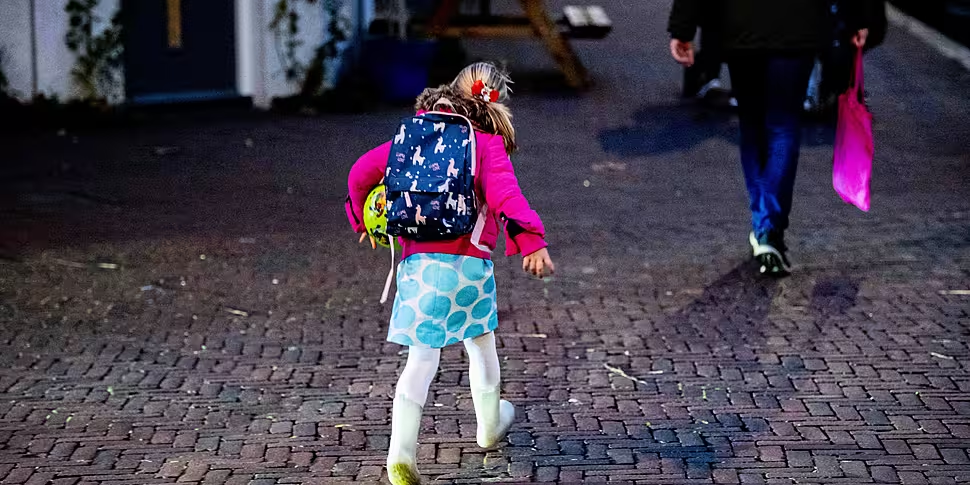On this week’s ‘Parenting’ segment, one parent is concerned their five-year-old is not telling them the truth.
“Our five-year-old seems to be a rather unreliable narrator of her own life,” they told Moncreiff.
“We never know for sure if what she is telling us is true or not.
“Whenever we ask her about school or her new friends, she tells us some names but they often sound made up.
“Or when she tells us about activities at school, sometimes what she is relaying doesn’t seem credible.
“Last week, she claimed that there’s no singing in her class at all. Then later that day, she was singing a song that we hadn’t heard before.
“We are worried that she is becoming very blasé about truth.”
The parents added this had become "very frustrating" for them.
The advice
Child psychotherapist Joanna Fortune said there is nothing particuarly unusual about their daughter's behaviour.
“Look, she’s five, she sounds creative and imaginative - which is what you want for children that age,” he said.
“That state of play they’re in is that narrative play, where it’s all about stories and details and, of course, massive embellishments along the way.
“They’re interweaving details that they might have heard in stories or seen on TV shows with what’s happening in their real world and it’s all beginning to blur and blend together.
“I think she sounds developmentally exactly where I would expect a five-year-old to be and… sometimes we interrogate them when they come in, ‘What did you do? Did you learn anything? Did you do anything?’
“Sometimes they might not have a very good story for us, so they give us a good story instead.
“Always hold in mind that learning how to tell lies is a developmental task just as much as learning to tell the truth is.
“She is slap bang in that experimental stage; she’s young, she’s in the throws of imaginary narrative play.
“I think if you could be playful rather than judgemental in how you respond to this.
“So, don’t come at her with a, ‘I caught you out’ kind of a moment.
“Instead, be excited with her and go, ‘Wow, that’s an amazing story, is that a real story or an imagination story?’
“Let her categorise her stories but you’re communicating that you welcome both.”
Main image: A child walking to school. Picture by: Robin Utrecht/ABACAPRESS.COM









